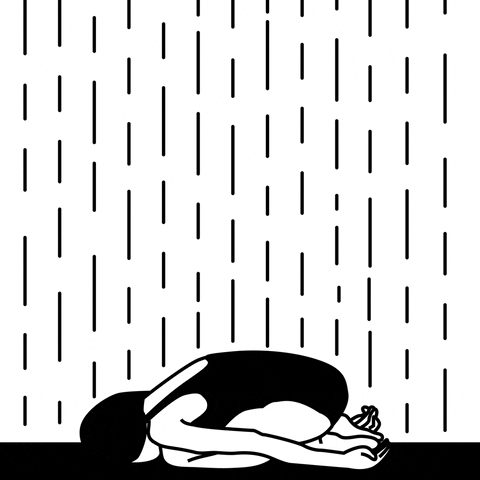Things You Should Avoid Saying To Someone With An Eating Disorder
A little bit of understanding goes a long way
For victims of eating disorders, whatever form it may be, certain comments or words - while intended for as advice - could possibly have triggering effects. You might accidentally cause more harm than good even if it seems arbitrary to you.
It’s important to exercise compassion and understanding, especially if you’re dealing with a loved one who is suffering. These suggestions are here to help you get there sooner rather than later.
“So... why can’t you just eat?”
Eating disorders can be confusing for people. Victims are often met with puzzling looks, as if the idea of not eating is such a complex thing to grasp. If a loved one refuses to eat, you might get frustrated, and thus compelled to say something like, “why can’t you just eat?”. The problem with that sort of reaction is that it can actually shame the victim into withdrawing even more. It is incredibly insulting because, without realizing it, you’ve now reduced the disorder into nothingness. The victim is well aware of the action and process of eating. That’s not the issue. There are so many factors and reasons that go into a person’s inability to eat to a standard amount. Eating disorders are serious mental illnesses and a question like that is counterproductive.
“Omg you’ve lost so much weight! What’s your secret?”
It’s unfortunate that we live in a world obsessed with losing weight and looking slim. People are constantly on the hunt for the new fad diet that can get them to lose weight in no time. We’re so caught up with weight loss tips that we forget to exercise decorum when probing others for their own weight loss success. Complimenting a victim of an eating disorder on how skinny they look might encourage them to continue practicing disordered eating behaviors. Avoid commenting on their appearance altogether, for good or for bad. There are other qualities to a person than how they look.
“Does this make me look fat?”
Another norm in our society is the act of fat-shaming ourselves or others. Victims of eating disorders are incessantly aware of the food around them, what people are eating, and how they look because of it. Fat-shaming yourself in front of such a person is likely to make them even more self-aware and insecure. Learn to practice body-positivity. Spread awareness among friends, family, and people in general. Fat-shaming shouldn’t be in your conversations regardless, but you might not realize just how much you’re affecting the mental health of those around you.

“You’re not THAT skinny...”
Again, in a similar vein as the above, we need to do better in our judgment of people and their appearance. For starters, there isn’t one, specific “look” for someone who is suffering from an eating disorder. People are quick to think that only those with anorexia have suffered or are suffering from the illness. An eating disorder doesn’t discriminate; people of all shapes and sizes are suffering from it in our society. By pointing out that the victim isn’t “that” skinny, you’re in turn undermining their suffering while also propagating the idea that they’ve clearly not lost enough weight to be taken seriously. Exercise empathy and understand that there are so many layers to an eating disorder, not just physically but psychologically and emotionally, too. A person’s appearance doesn’t quite tell the full story.
“Is that all you’re eating?”
An eating disorder comes with heavy prices and one of them is strict food rules. An eating disorder victim is constantly assessing what they can eat, what they can’t eat, the macronutrients of each meal etc. Instead of criticizing or remarking on their food choices, offer options that align with their eating habits, or respect their choices instead. If the person isn’t ready to eat a particular food or meal, that’s fine. Let them consume the food that they do feel comfortable eating. By trying to push them into eating what YOU think they should eat, you’re actually piling on unnecessary pressure that may force them to shut down and refuse the food(s) altogether.
With the next Eating Disorders Awareness Week scheduled between the 2nd and 8th of March 2020, our hope is that the aforementioned pointers can get people into a space where they can be more involved, more understanding and helpful.
Above all, do remember that we all make mistakes and often times our words come from a place of love and care. It’s okay if you’ve made these comments in the past. Just brush it off and make a promise to yourself to do better the next day.
Up next, Why Seeking Joy Should Be Part Of Your Daily Routine












